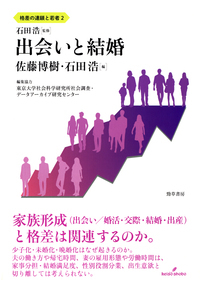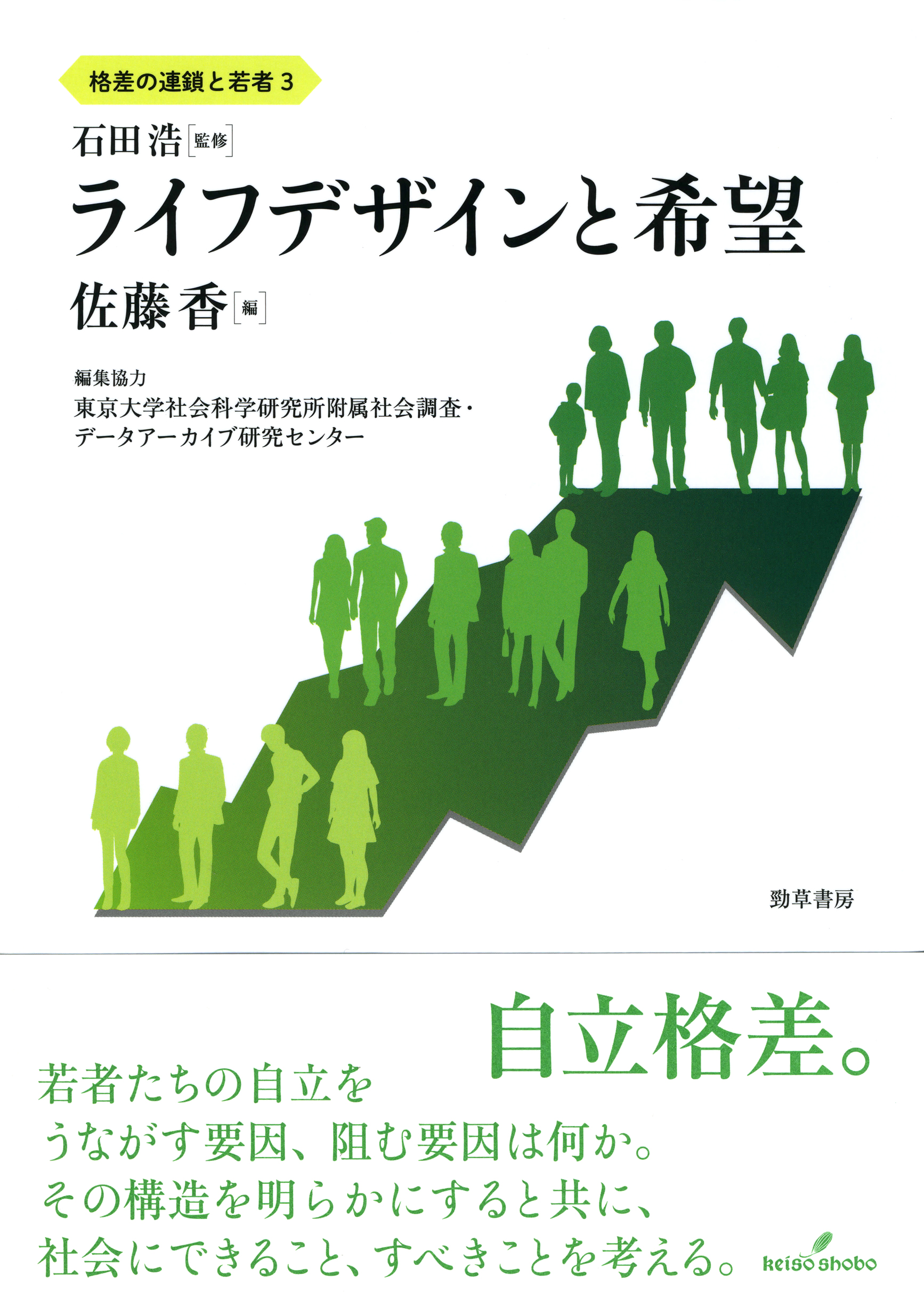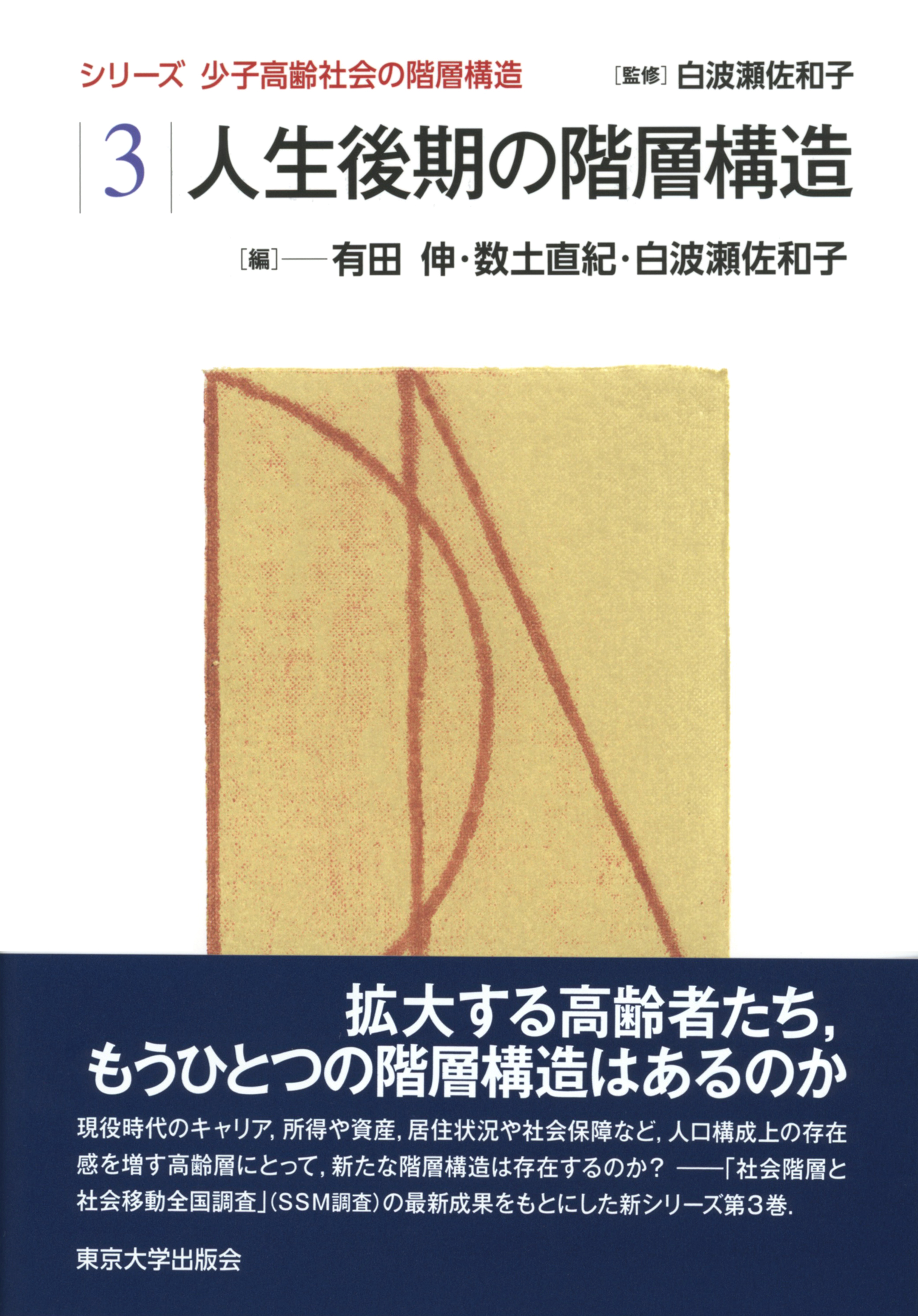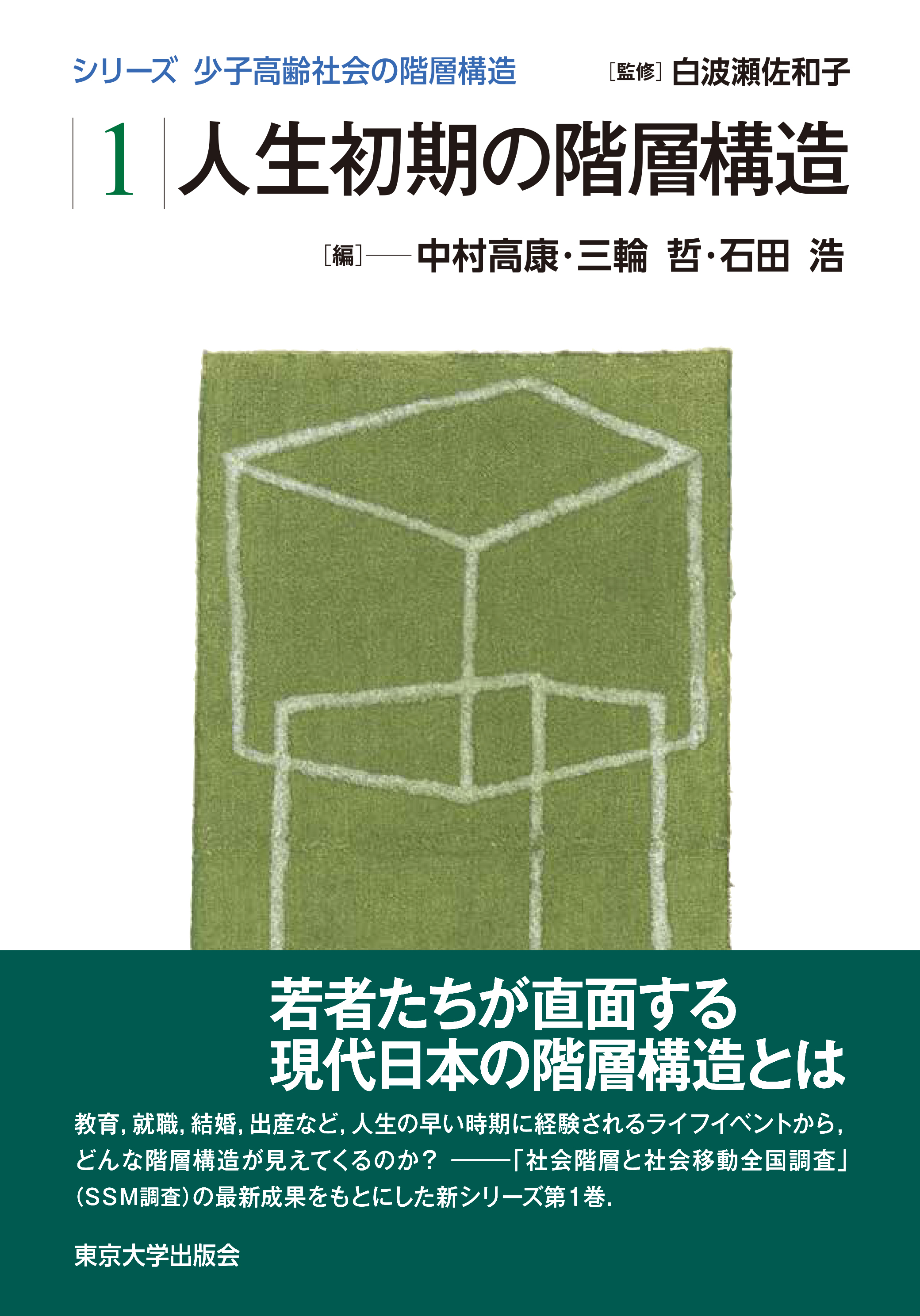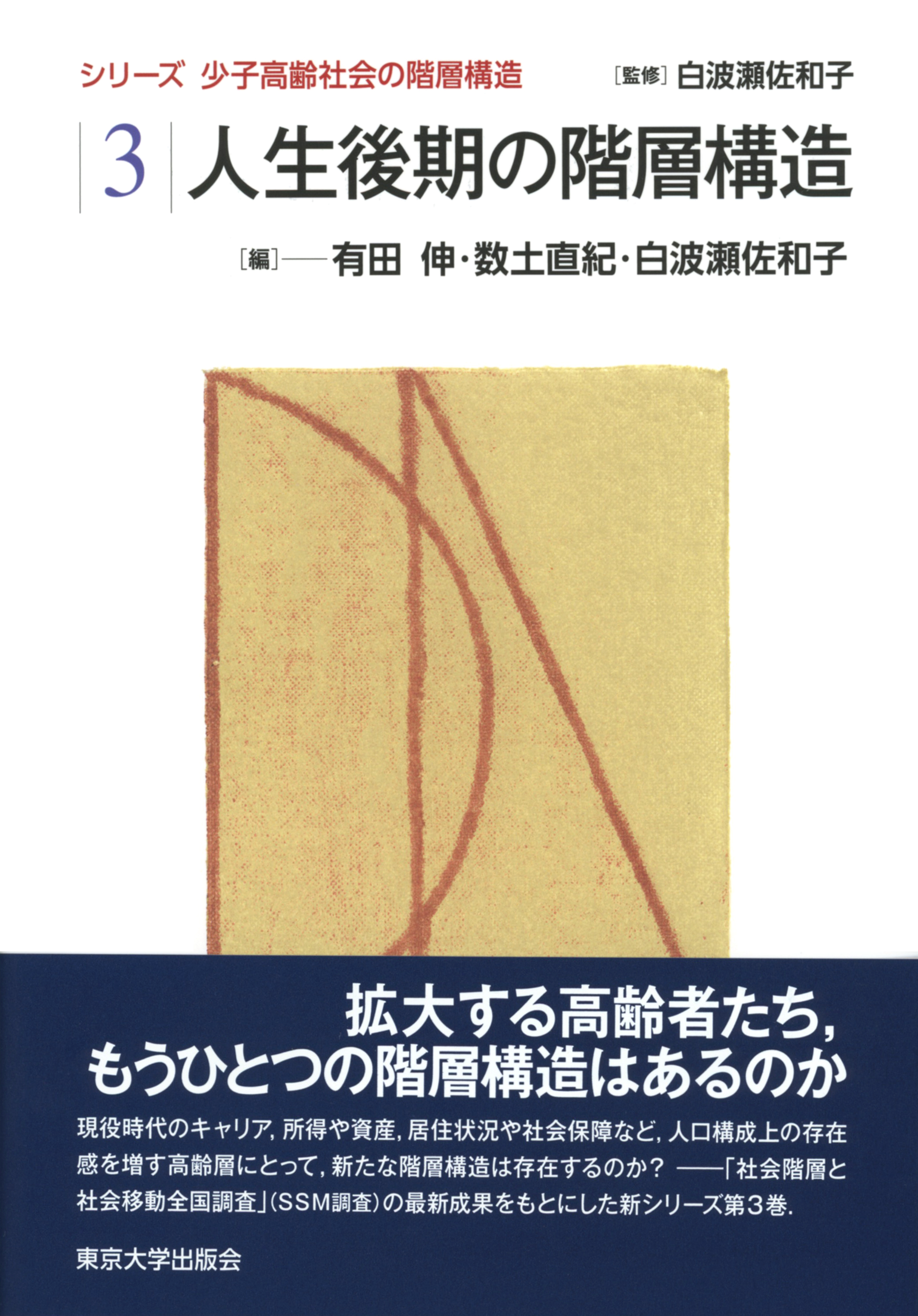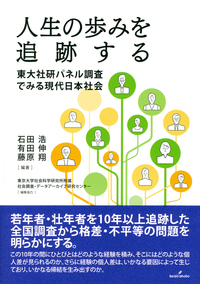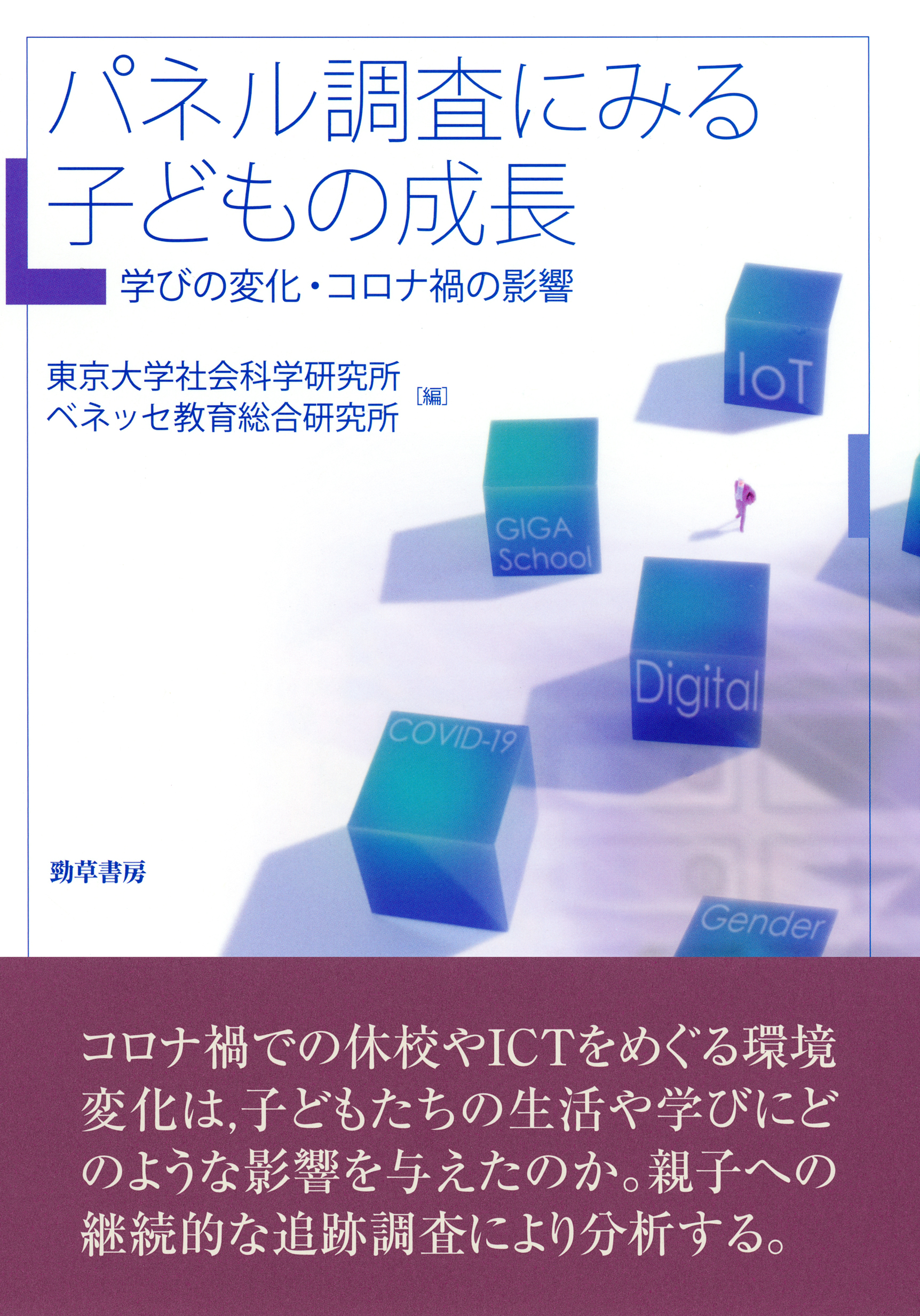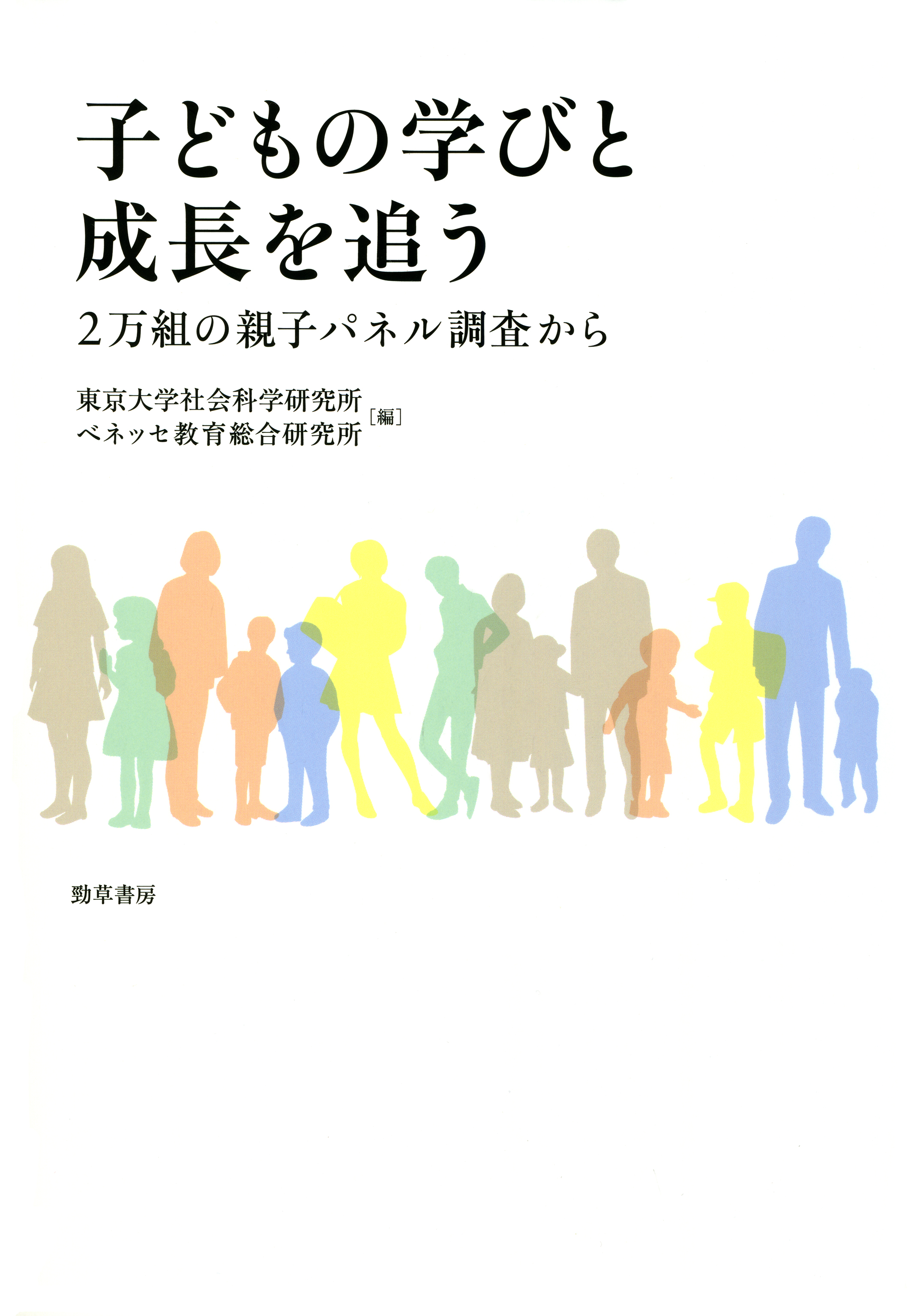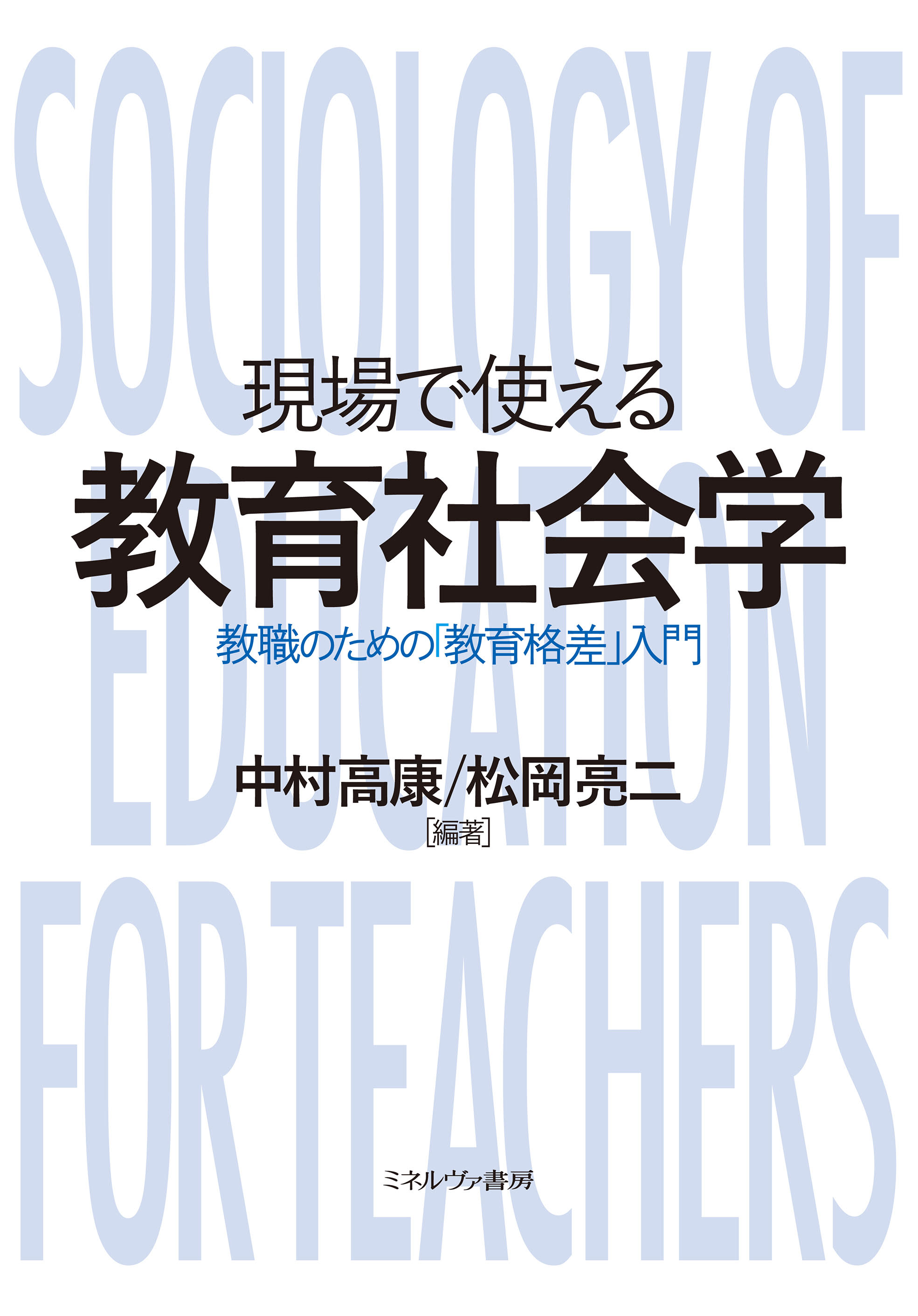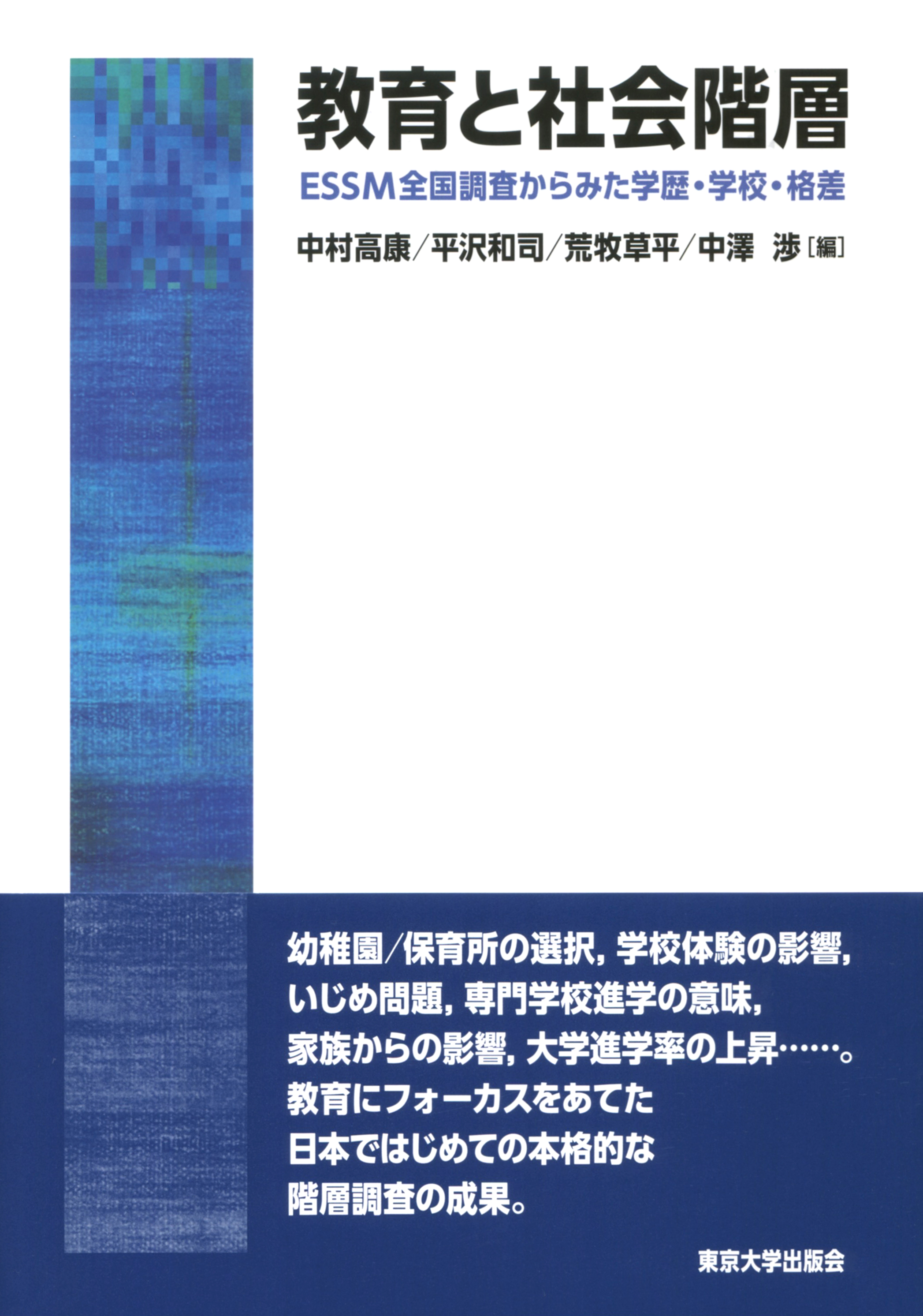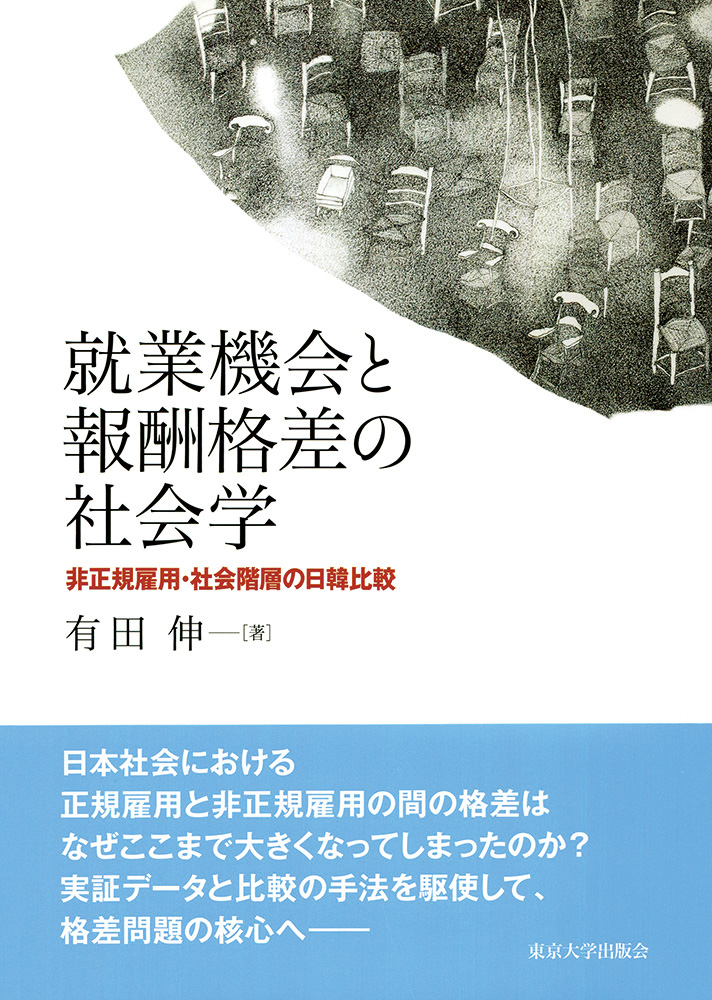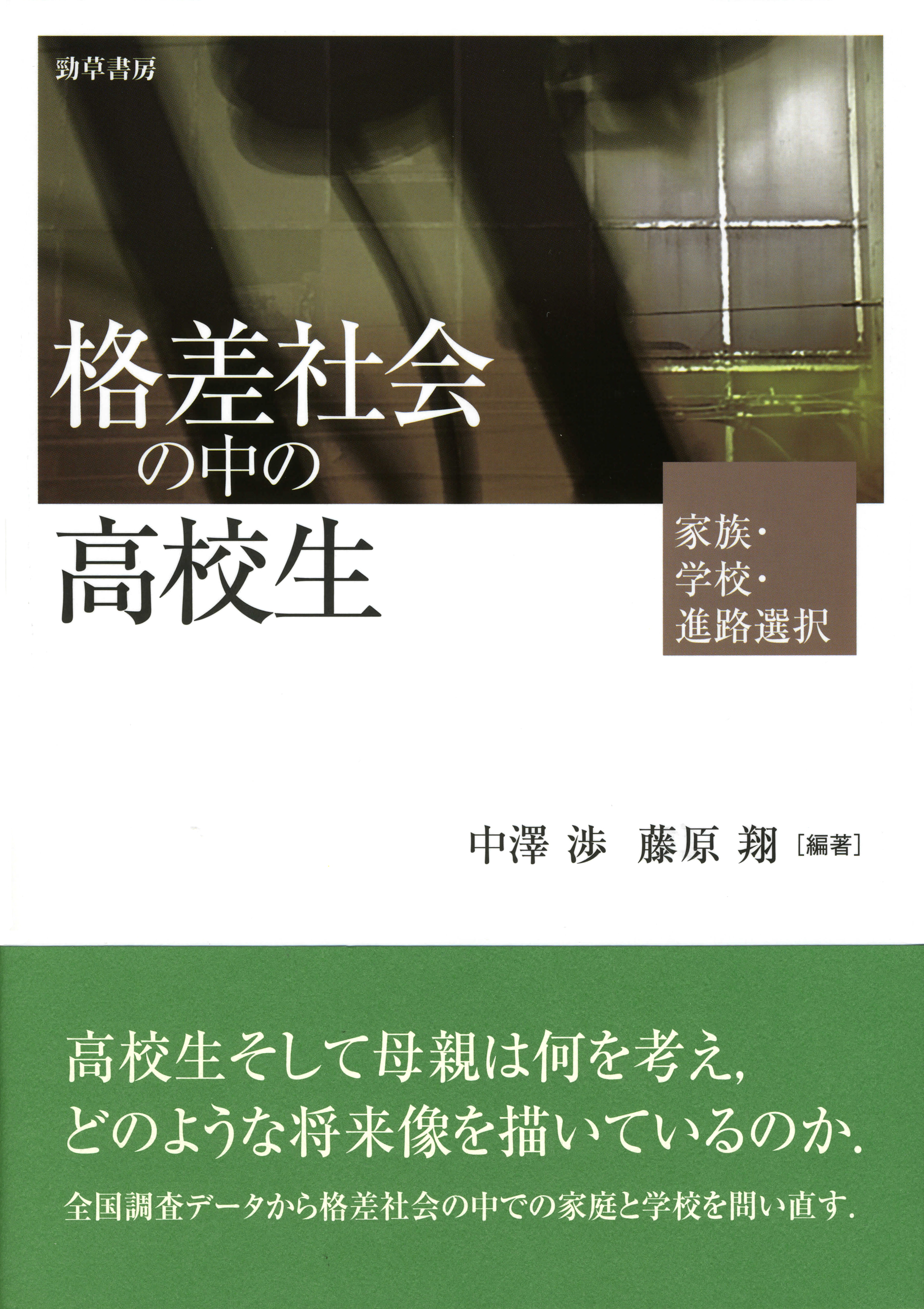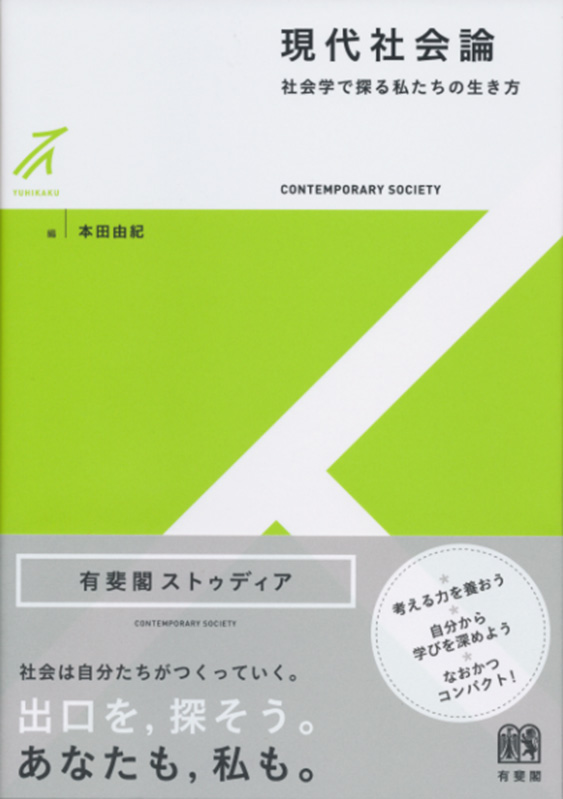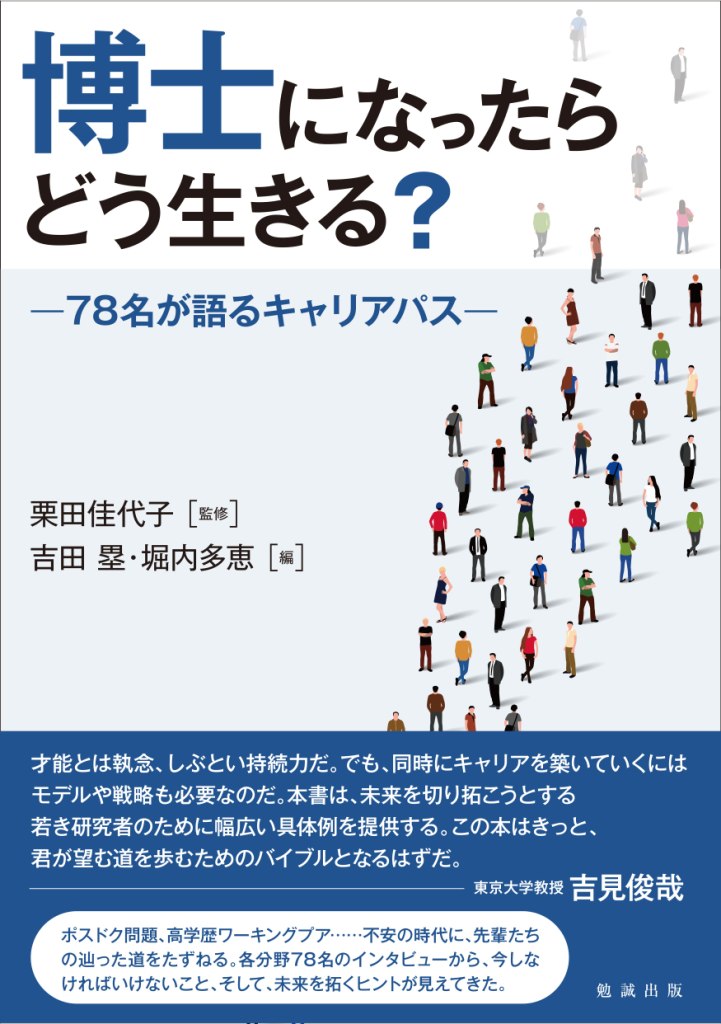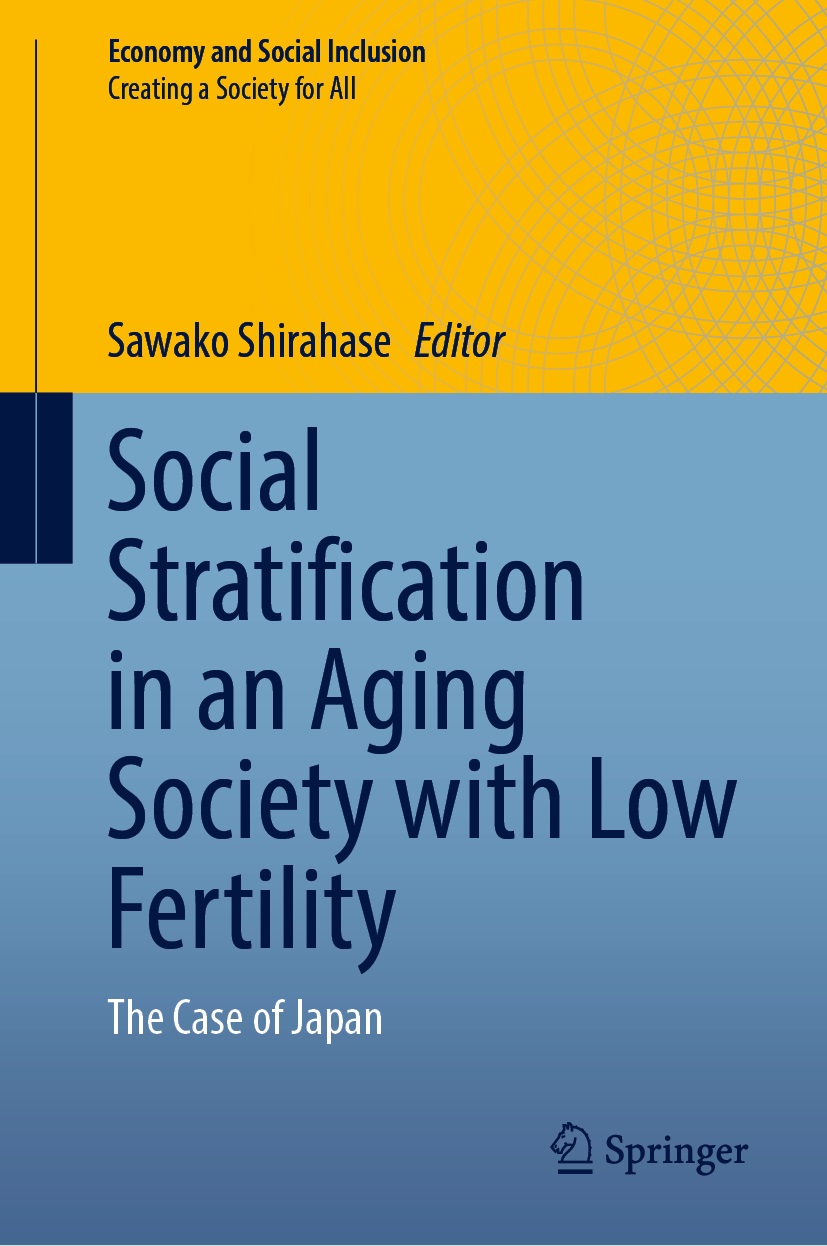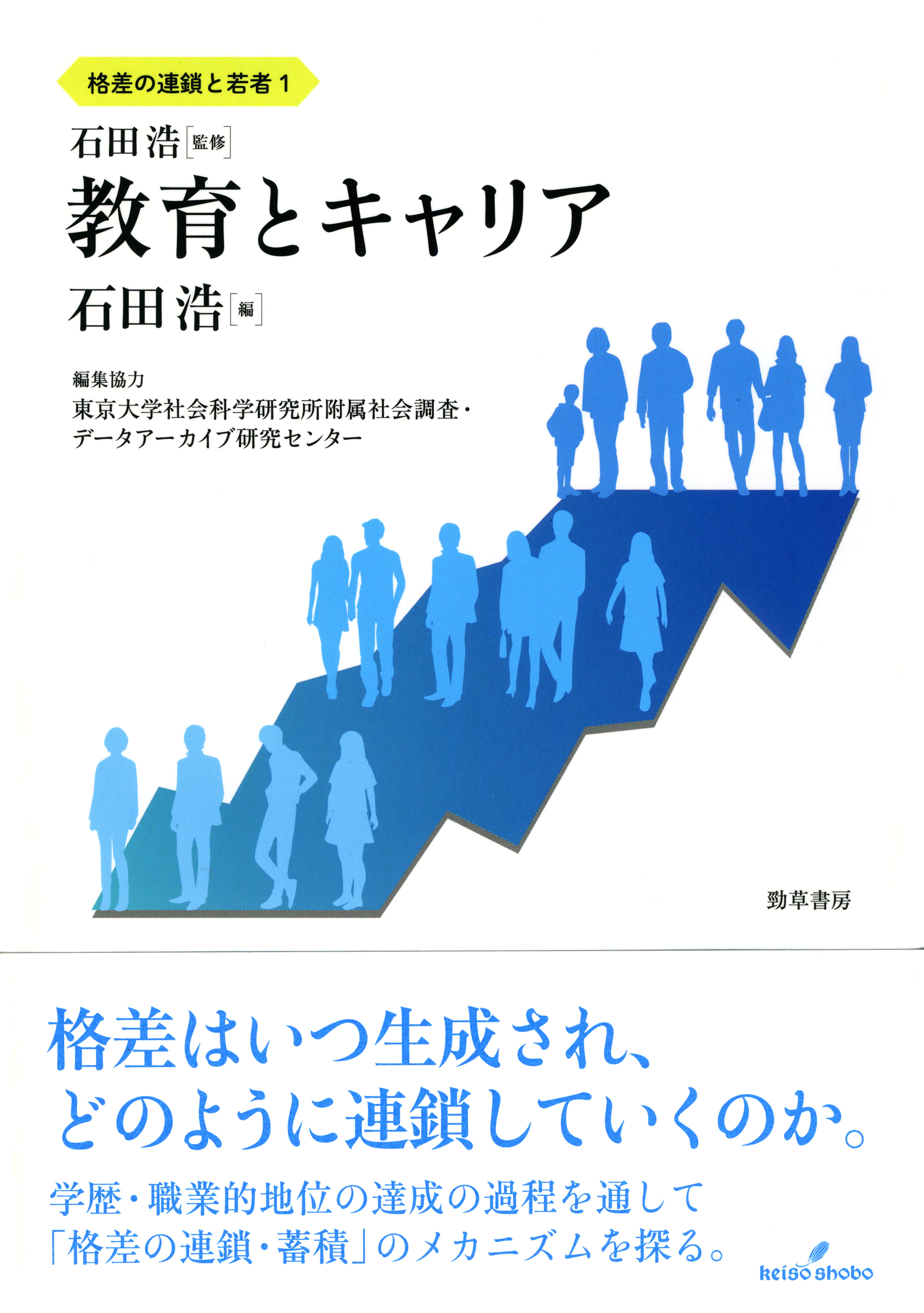
Title
[Cumulative Advantage and Disadvantage and Youth 1] Kyoiku to Kyaria (Education and Career)
Size
296 pages, A5 format
Language
Japanese
Released
March, 2017
ISBN
978-4-326-64882-5
Published by
Keiso Shobo
Book Info
See Book Availability at Library
Japanese Page
Education and Career is part of the three-volume series Cumulative Advantage and Disadvantage and Youth, which represents the fruits of the Panel Research Project of the Institute of Social Science, University of Tokyo. In the 21st century, the socio-economic environment surrounding young people in Japan has been changing drastically. The life course trajectory of getting a job immediately following school graduation and getting married and raising children was a standard pattern in the past, but it is no longer the case. Nonetheless, young people are expected to become responsible adults contributing to the society.
The Panel Research Project of the Institute of Social Science, University of Tokyo, aims to describe the life course trajectories of the youth during the “transition to adulthood” by conducting and examining Japanese Life Course Panel Surveys, which, since 2007, have been monitoring young people living in Japan. The three-volume series addresses the following topics. The first volume, Education and Career, focuses on the transition from school to work and early career formation. The second volume, Marriage and Youth, covers transition from courtship to marriage and couple relationships. The third volume, Life Design and Hope, examines the changes in young people’s attitudes toward hope and their future life design. The objective of this series is not only to describe multiple pathways of life course transition among the youth but also to analyze how inequality in life opportunities is generated and accumulated over the life course.
Education and Career focuses on the process of cumulative advantage and disadvantage in the process of educational attainment and occupational advancement. Using the Japanese Life Course Panel Surveys data sets, it examines how social background characteristics affect educational attainment and entry labor market outcomes and whether the initial gaps arising from social origin expand or diminish over the life course. According to the findings reported in the book, the initial gaps in social background continue and there is “persistent inequality” across the life course. This implies that the initial differences by social background do not expand in the process of educational and occupational attainment, but they also do not reduce and remain the same. Those who were advantaged in social background remained in the advantageous position, and the relative position of those who were disadvantaged did not improve either.
Education and Career is divided into two parts. The first part focuses on the transition from education to the labor market, and the second part examines what happens after the entry into the labor market, paying attention to occupational career formation. The following topics are analyzed in individual chapters: transition from school to work and the role of schools in the transition, educational inflation and the changes in the return to education, characteristics of the Japanese hiring method of new school graduates, the separation of regular and non-regular employment, persistence of poverty, and the relationship between non-employment and social isolation.
(Written by ISHIDA Hiroshi, Professor, Institute of Social Science / 2018)
Related Info
Center for Social Research and Data Archives, Institute of Social Science, The University of Tokyo
http://csrda.iss.u-tokyo.ac.jp/en/panel/purpose/



 Find a book
Find a book


 eBook
eBook